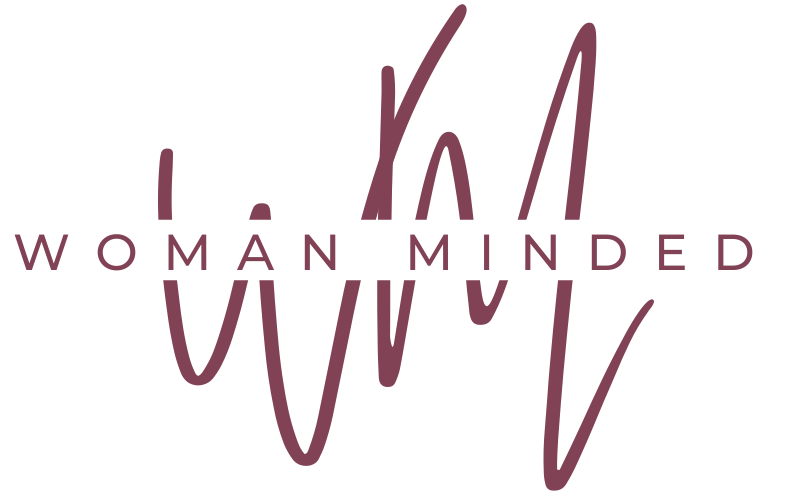5 Questions to Ask Your Energy-Zapped Self
/Has your get up and go got up and went? Remember when it felt like you could do all the things and wake up with energy to do them again?
Sometimes spells of low energy are simply a matter of getting a bit more sleep, trying to eat and drink a little better and reducing stress - like at the end of a big project or busy family time. However, a post-COVID CNBC survey reports that 53% of women feel completely burnt out and many are struggling with serious exhaustion. Many women’s fatigue is driven by imbalanced hormones, chronic stress or underlying health issues. SO if you are feeling super burnt and your personal energy level is beyond low, here are a few questions to ask yourself to help you reclaim your vibrant self.
Am I turning too often to alcohol or coffee? It’s easy to turn to yet another cuppa joe when feeling low but too much coffee actually can deplete nutrient stores, especially calcium, while also causing cortisol and blood sugar fluctuations that impact sleep quality and hormone balance. That glass or two of wine at night can also disrupt your sleep enough to cause energy crashes during the day. In addition, coffee and alcohol often displace adequate water intake. Consider keeping that coffee habit in check or swapping in matcha or green tea. Take a breather from your nightcap with a cup of passionflower tea or gut-friendly kombucha.
Am I getting energy-boosting foods in my diet? When depleted, the body often craves quick sources of energy and comfort such as bagels, sugary muffins and white pasta. However, too much of these foods actually depletes your energy after a quick burst of blood sugar. Better is to enjoy plenty of plant and animal-based protein along with abundant veggies, non-gluten grains (as tolerated), low-glycemic fruits like berries and some healthy fats like nuts, seeds and avocado. Eating regularly and not skipping meals is very important if you are missing key energy-boosting nutrients.
One of the most overlooked cause of energy depletion in women is low iron levels. Up to 20% of women are significantly deficient in iron and black women of color and women of Mexican descent are especially impacted. Menstruating women lose iron each month and those with heavy periods are especially susceptible to anemia. Many women moving to vegan or vegetarian diets overlook iron as an essential nutrient. Ensure you are consuming lean grass-fed beef, dark meat turkey and/or bone broth in your diet if you choose to include animal proteins along with plant-based lentils, chickpeas, pumpkin seeds, dark leafy greens, molasses and tahini. You may need to supplement if your levels are very low or if you do not include iron-rich foods in your diet.
Are you tuned in to your thyroid? Truth - 1 in 8 women will develop thyroid imbalances in her lifetime especially around pregnancy and menopause. AND…you may have thyroid issues even if your TSH is in “normal” range as many doctors do not test for other important thyroid health markers such as Free T4, Free T3 and Reverse T3 that give you more insight into actual thyroid function. If you are experiencing very low energy and fatigue along with depression, constipation, dry skin, thinning hair or eyebrows, stubborn weight gain and/or high cholesterol… make sure you are getting proper thyroid testing. If you cannot access via a physician, you can try Everly Well home testing.
Also, make sure you are consuming nutrients key to boosting thyroid health such as iodine found in seafood and sea vegetables, selenium in Brazil nuts and seafood, zinc in pumpkin seeds, oysters along with iron and Vitamin D. Check out these No-Bake Energy Brownies to include in your daily thyroid-supportive routine.
How’s my vitamin sunshine?
Sunshine is the most abundant source of Vitamin D as your skin cells produce it when exposed. Since vitamin D is a vitamin and hormone involved in immune, musculoskeletal, cardiovascular, and endocrine function, it is no surprise that low levels are associated with deep fatigue. Enjoying grass-fed meats and eggs can help boost levels but many women need to supplement or aim to get 15 minutes of summer sun each day.
Are you revving and relaxing your body? Balanced exercise and proper relaxation are key to replenishing lost energy stores. While you may not feel like exercising when you are already fatigued, walking, yoga and pilates or barre exercise can help the body build muscle, endurance and reduce stress levels. When balanced with adequate sleep and rest and avoiding overtraining, exercise can boost your mood, appetite for key nutrients and improve thyroid and adrenal health.
References available upon request.


